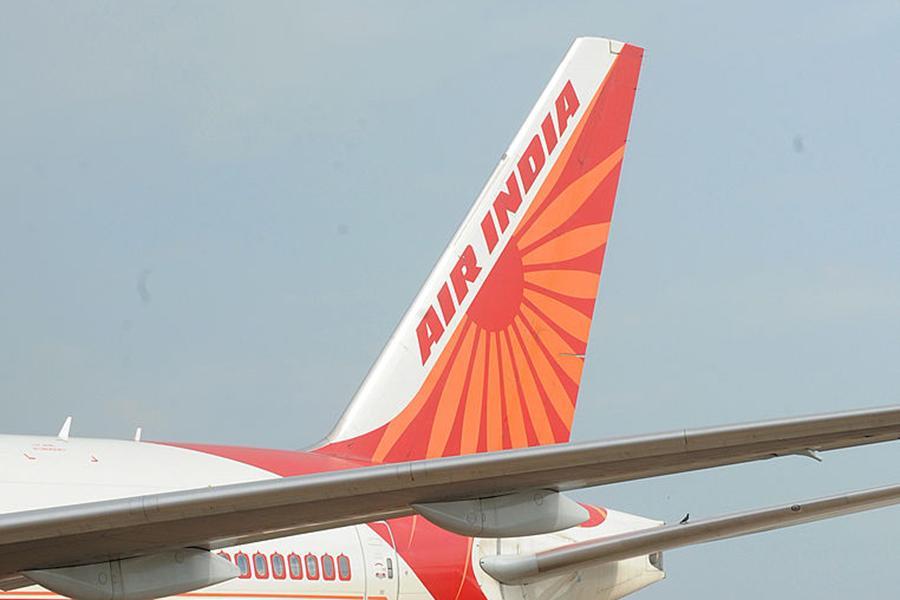
Air India confirmed an order this week for 470 new Boeing and Airbus aircraft.
Air India’s gargantuan commitment to new Boeing and Airbus orders will mean years of maintenance revenues for certain engine OEMs, although Pratt & Whitney will be ruing the impact of its geared turbofan problems in the subcontinent.
To power its intended order of 40 Airbus A350s, 210 A320neo-family aircraft, 20 Boeing 787s, 10 777-9s and 190 737 Max units, Air India has committed to 80 Trent XWB engines plus 20 options, more than 800 CFM Leap engines, 40 GEnx-1Bs and 20 GE9X engines.
The Leap order includes a multi-year CFM services agreement, as well as a multi-year TrueChoice engine services agreement for its GE widebody engines.
Somewhat unusually, Rolls-Royce did not mention an accompanying services agreement in its announcement of the Trent XWB contract, which will make Air India the world’s largest Trent XWB operator.
This could simply mean that the final details of a TotalCare deal are still being ironed out, but it also raises the possibility that Air India is seeking more local involvement for engine support.
Currently, India plays a minor role in Rolls-Royce’s MRO market, although both Rolls and GE were keen to play up there existing links to India and Tata Sons, which owns the flag carrier.
Rolls highlighted its “strong supply chain commitment” with Tata Advanced Systems Limited (TASL) for Trent XWB parts in India, as well as several high-precision components for other Rolls-Royce civil aerospace engines.
In addition, Tata Consultancy Services (TCS) provides engineering services, to support the British company’s digital engineering and data innovation teams in India.
GE, meanwhile, noted that engineers at its Bangalore, India, research and development center played a “key role in the technology development of the GE9X, GEnx, and CFM LEAP engines by providing analysis and test validation support”.
Left out of the party was Pratt & Whitney, whose geared turbofan (PW1100G) was not selected for the A320neo order. A generous interpretation could be that Air India wanted to benefit from the commonality and scale of a universal Leap fleet for its new narrowbodies, but it seems unlikely that owners Tata were not also swayed by the well-reported problems of the geared turbofan and several Indian airlines.
The result will be further market share for CFM in India. Prior to the Air India order, Aviation Week was forecasting $5.1 billion of Leap maintenance demand over the next 10 years in India, versus $4.6 billion for the geared turbofan.
The equivalent for Rolls-Royce and GE engine maintenance demand, meanwhile, was projected to be $280 million and $2.4 billion, respectively.





